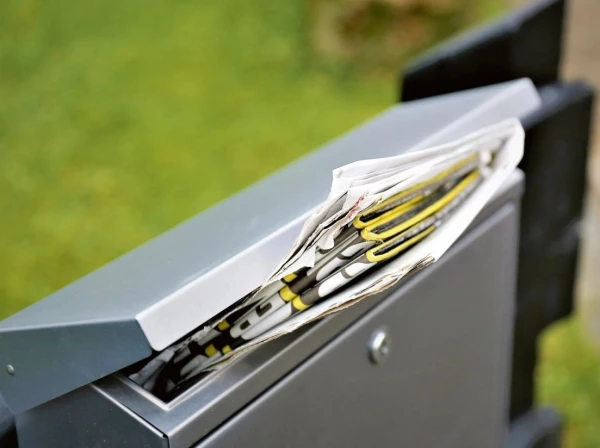
Currently, the law allows the employer to apply for an extension of the tax payment deadline – and receive a deferral.
But if all mandatory state social insurance contributions (SSIC) are not paid on time for an employee, and the person is about to retire, they will be credited a lesser amount than they should receive.
Working seniors may also be affected – they will receive a smaller increase in their pension.
On Tuesday, October 28, the Latvian government approved the proposals from the Ministry of Welfare (MoW) regarding this issue.
Why Businesses May Delay Payments
The MoW explains: since April 1, 1999, a taxpayer could request the tax administration to extend the deadline for paying overdue taxes under the original version of the law "On Taxes and Fees."
During the pandemic, additional support measures for businesses were introduced, including extensions of tax payment deadlines. Now those concessions are a thing of the past. However, as before the pandemic, the State Revenue Service (SRS) can extend tax payment deadlines (including SSIC) "based on a reasoned written request from the taxpayer, dividing the debt into several deadlines or postponing it depending on the reasons for its occurrence, nature, and amount of the debt."
What Workers Should Do
This directly affects their pension insurance! They worked and are not to blame for their employer's problems. But upon retirement, they will be credited a lesser amount than they should receive.
The law offers this solution: an employee for whom the employer temporarily does not pay social taxes can start paying them themselves. So that the pension does not become noticeably smaller. Later, in the future, when the employer pays, the employee should be compensated for this.
However, for understandable reasons, employees do not use this "solution" – people simply do not have the money. According to the State Social Insurance Agency (SSIA) as of August 1, 2024, only 100 people independently made contributions to pension insurance – the amounts ranged from 3.60 to 3556.80 euros. Most of them were people with less than 30 years of insurance experience.
But it often happens that people simply DO NOT KNOW that their employer is not paying social taxes, as they have been granted a deferral.
What the State Has Decided
Last week, the government reviewed and approved the MoW report "On Extending the Deadlines for Paying Mandatory State Social Contributions and Its Impact on the Amount of Old-Age Pensions."
The measures proposed to rectify the situation are as follows:
– Employers to whom the State Revenue Service (SRS) extends the deadline for paying SSIC from January 1, 2027, must fully carry out pension insurance for certain employees – in one payment to a special account specified by the SSIA. Namely: for those people with whom the employer terminates employment, for those who are assigned a state old-age pension, including early retirement, as well as for people 5 years before reaching the general retirement age;
– A legal framework must be developed so that the SRS and SSIA can inform those employees for whom social tax is NOT being paid.
















Leave a comment